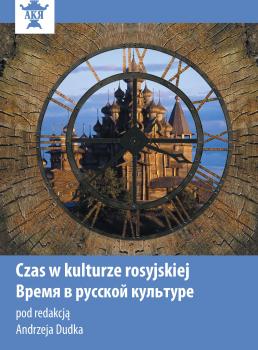The Earthly Time and Mythological Time in the Russian Mythological Narratives .......... 55
Streszczenie
THE EARTHLY TIME AND MYTHOLOGICAL TIME IN THE RUSSIAN MYTHOLOGICAL NARRATIVES
The article analyzes the mythological time conception and its distinction from everyday, trivial time in the Russian traditional world picture on the basis of the field data. The mythological time flows more slowly or more quickly or not exists absolutely sometimes in the “other” world according to the narratives. Russian traditional calendar regulated household, farm and ritual people course of action by means of personification of holiday sacral period of time (for example Friday or Sunday punish a woman for the afterhour work in the mythological narratives). The personification of calendar periods was the means of the time mythologization in the Russian traditional culture. There were special magic actions in the Russian ritual practice that manipulated time and transformed the trivial time into mythological one – “compressed” the time or “extended” it. The different periods of traditional calendar time received axiological connotations – some days were kind, favorable for the work (for example: spinning, weaving, plowing, sowing) another had a reputation of evil, adverse periods. Dialect designations of the week or daily periods explicate their axiological meanings (for example: “crooked”, “rotten”, “wild”, wolfish” days).





